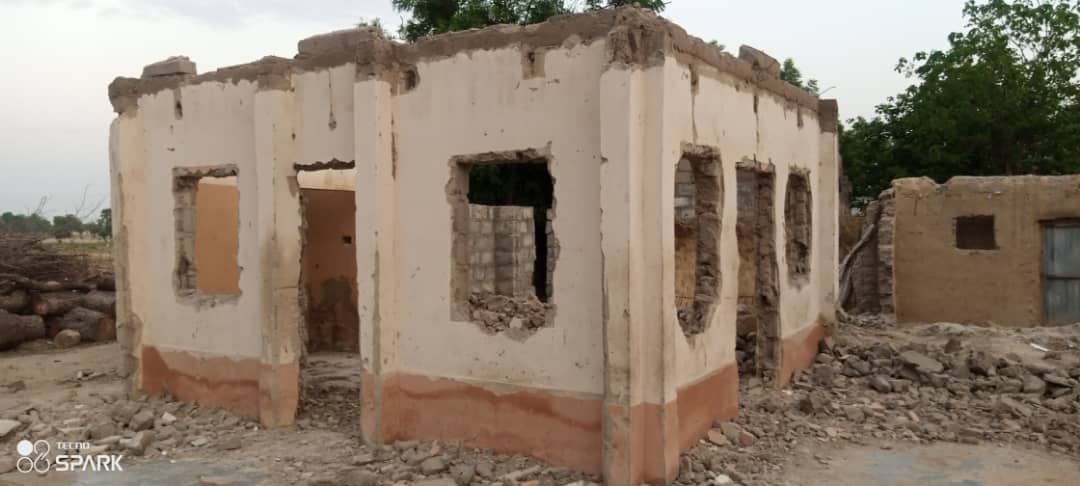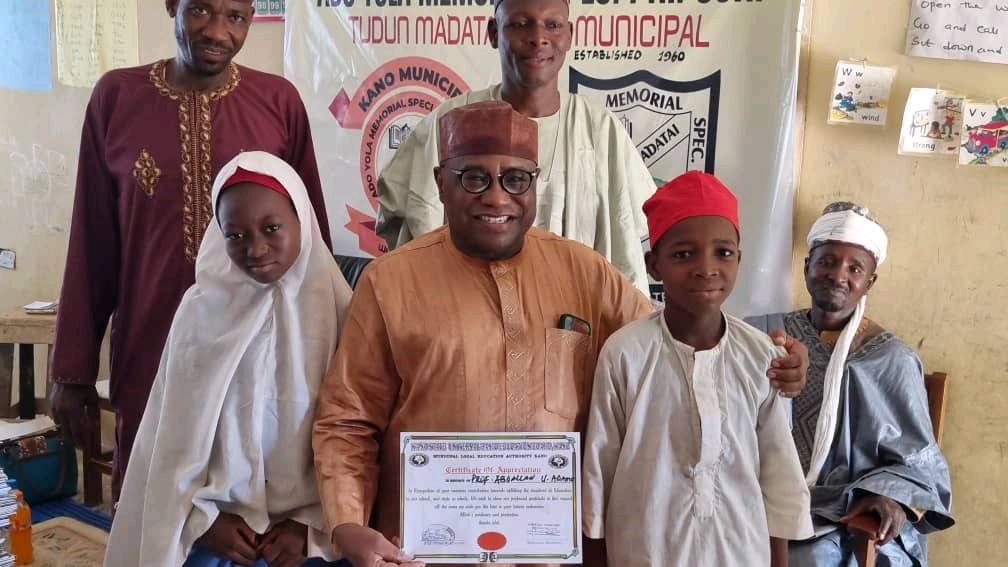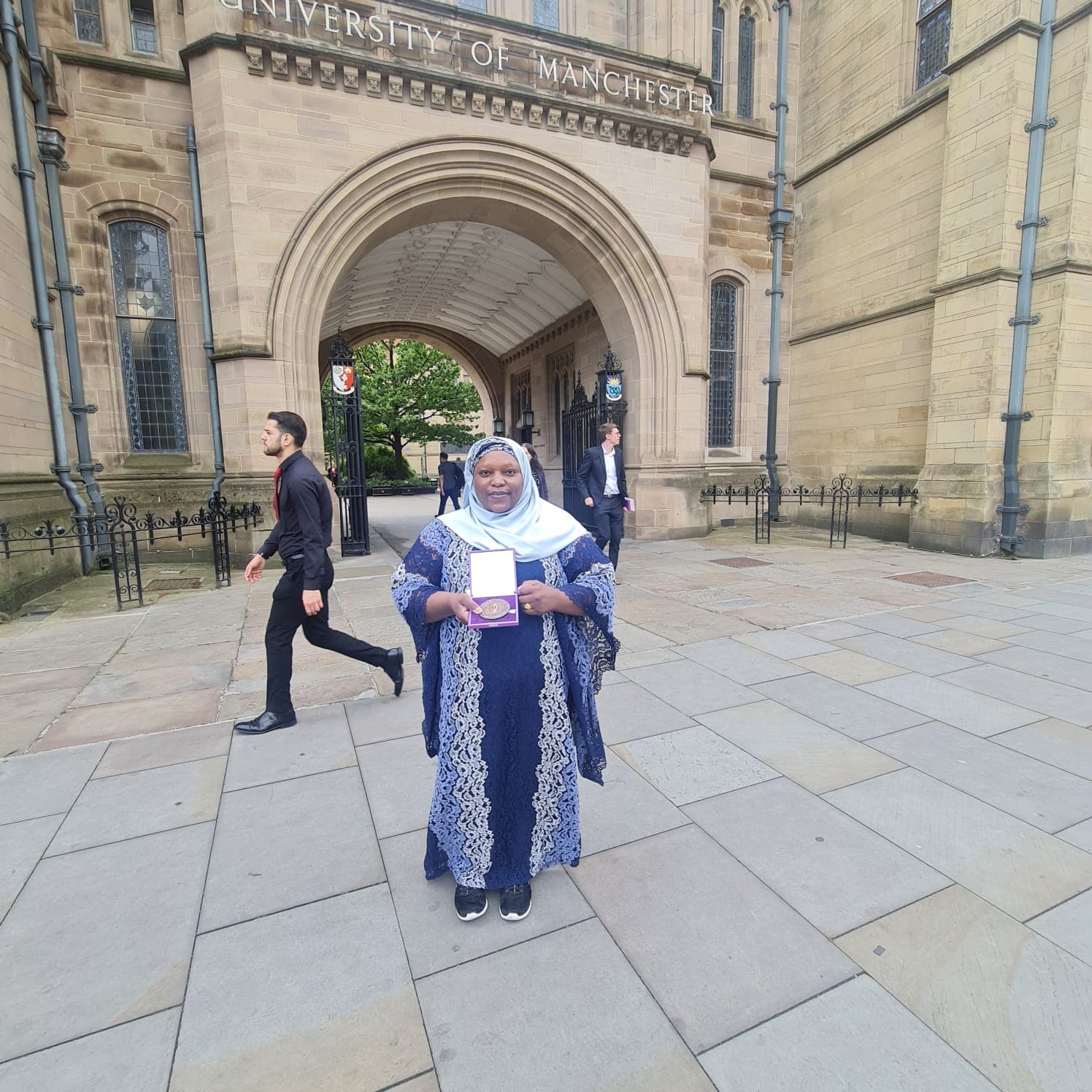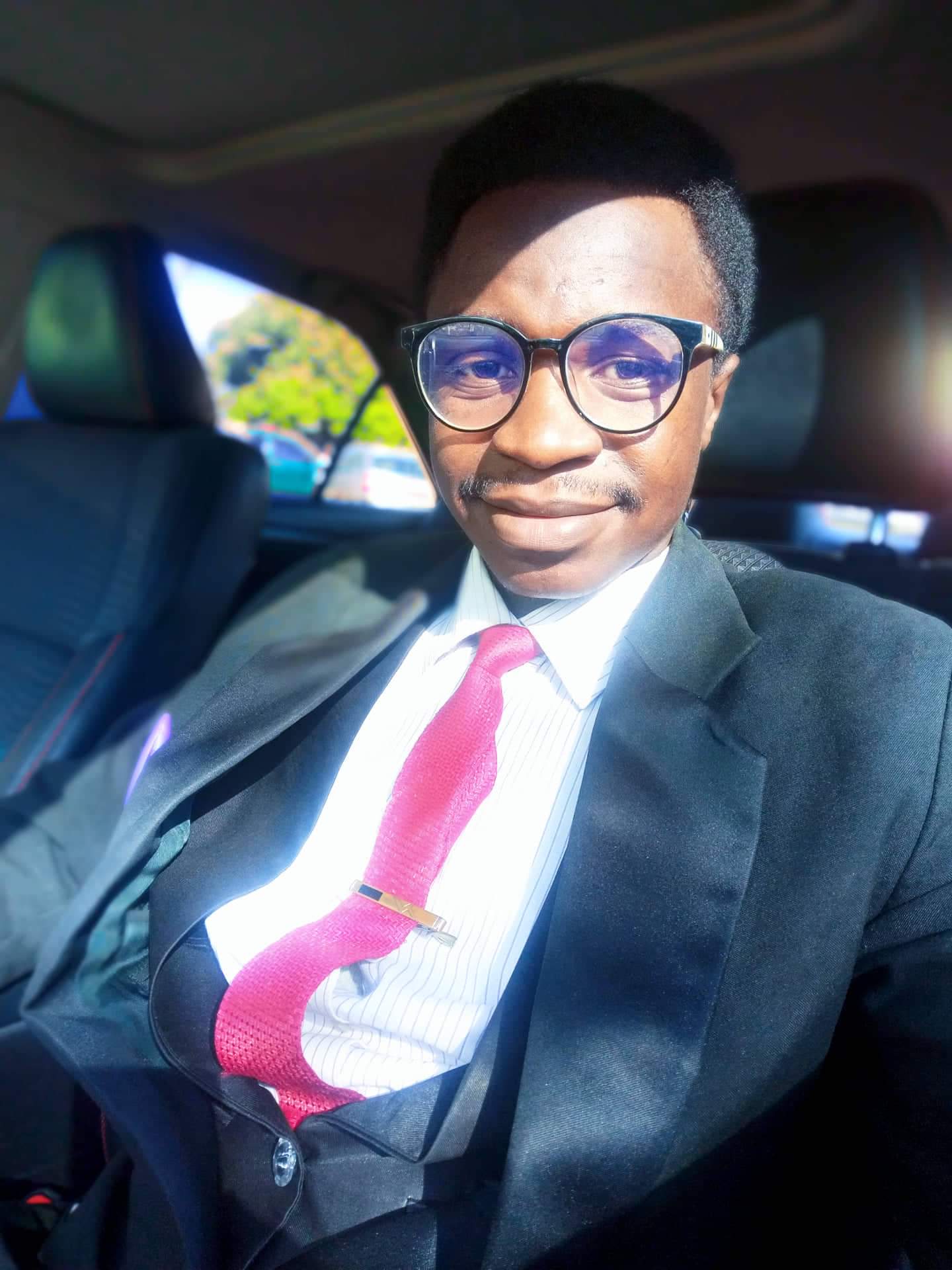Man arrested for deceiving worshippers, mosques demolition in Jigawa
By Muhammad Aminu The police have arrested a middle-aged man for deceiving Muslim worshippers and demolishing mosques in the name of reconstruction in Jigawa State. The man who is reported…









